Recycling guidelines are helpful, but they’re usually pretty general. We thought it might be useful to publish some posts that give practical, real-life examples. This is the first in a series of blog posts that takes one room of your house and gives an intensive rundown of what can and can’t be recycled there. We’ll start our series with the bathroom, which contains many recyclable items. Please note that items listed here under Don’t Recycle cannot be recycled in Granger’s household recycling collection or drop-offs, but recycling options may be available elsewhere.
Recycle
- Shampoo and conditioner bottles
- Body wash bottles
- Mouthwash bottles
- Lotion bottles
- Moisturizer bottles
- Face cleanser bottles
- Sunscreen bottles
- Cleaning product bottles
- Toilet paper rolls
- Tissue boxes
- Non-shiny product boxes (makeup, cleansers, etc.)
- Prescription and over-the-counter medicine bottles
- Paper inserts (product instructions, etc.)
Don’t Recycle
- Toilet paper
- Tissues
- Dental floss/dental floss containers
- Plastic product wrapping
- Plastic pumps
- Plastic spray nozzles
- Squeeze bottles with small openings (that can’t be rinsed out)
- Ointment/cream tubes
- Toothbrushes
- Cotton balls
- Cotton swabs
- Wipes
- Alcohol and other cleaning pads
- Gauze
- Band-aids
- Blister packs
- Medicine droppers
- Perfume bottles
- Wrappers of any kind
- Diapers
- Medical waste (syringes, etc.)
- Razors
- Razor blades
- Makeup pots and trays
- Makeup brushes
- Hairbrushes
Preparation for Recycling
In general, all recyclable items should be empty and clean. Bottles should be rinsed, but you don’t need to spend hours making sure every last bubble or bit of shampoo is gone. Most labels and plastic caps don’t need to be removed (although you may want to remove medication labels with identifying information).
